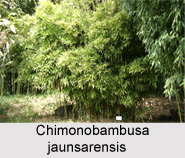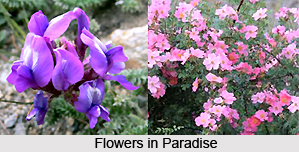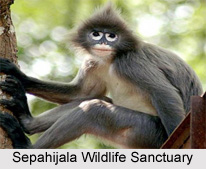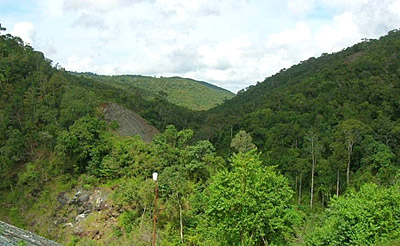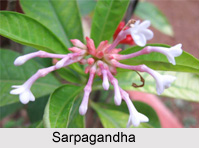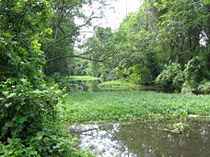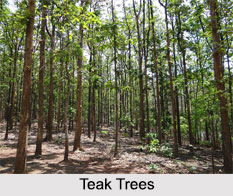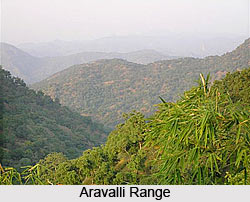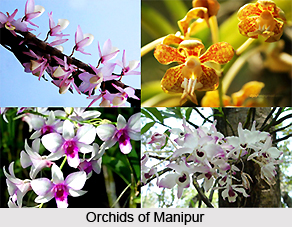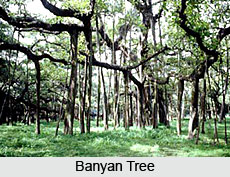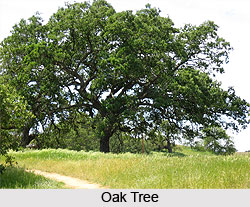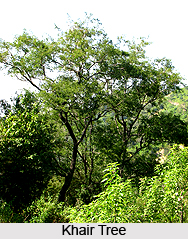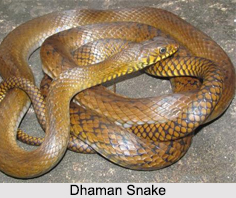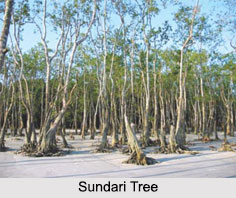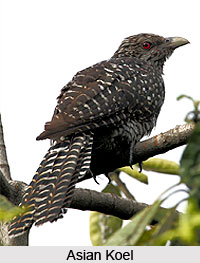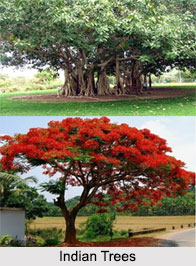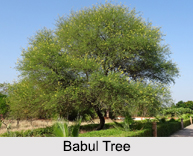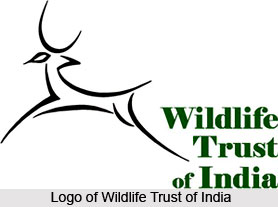 Wildlife Trust of India (WTI) is a non-profit conservation organisation. It is based in Delhi. Wildlife Trust of India is entirely committed to urgent action that works towards the protection of Indian wildlife. It was established with the main aim of conserving nature especially the endangered species and threatened habitats. It was formed in partnership with several communities and governments. Wildlife Trust of India was formed in November of the year 1998, in response to the rapidly declining condition of the country`s wildlife, with only three staff members. WTI completed its tenth year in 2008 with a team of more than 100 full time professionals and consultants, in addition to other volunteers from all walks of life.
Wildlife Trust of India (WTI) is a non-profit conservation organisation. It is based in Delhi. Wildlife Trust of India is entirely committed to urgent action that works towards the protection of Indian wildlife. It was established with the main aim of conserving nature especially the endangered species and threatened habitats. It was formed in partnership with several communities and governments. Wildlife Trust of India was formed in November of the year 1998, in response to the rapidly declining condition of the country`s wildlife, with only three staff members. WTI completed its tenth year in 2008 with a team of more than 100 full time professionals and consultants, in addition to other volunteers from all walks of life.
The core team of Wildlife Trust of India includes scientists, field biologists, veterinarians, lawyers, conservation managers, finance, business management and communication specialists. They are the ones who operate diverse conservation projects across India. Within just over a decade, WTI has made noteworthy innovative and pioneering contributions in wildlife conservation, thus becoming one of the key wildlife NGOs of the country. The major concerns of Wildlife Trust of India include crisis management and provision of quick, efficient aid to individuals, species or habitats that need it the most. In the long run, Wildlife Trust of India aims to achieve, through proactive reforms, an atmosphere favourable for conserving India`s wildlife and its habitat. WTI is a registered charity in India (under Section 12A of the Income Tax Act, 1961) and is authorised by its Board of Trustees to ensure that 85 percent of all specified donor monies is applied to the field.
Programmes of Wildlife Trust of India
Some of main programmes of Wildlife Trust of India are Wild Aid, Wild Rescue, Wild Species, Wild Lands, PELT, Communities for Conservation and Awareness for Conservation. Wild Aid is said to be the outreach arm of Wildlife Trust of India that extends support to individuals and grass roots organisations. It works directly with the government doing small, short and medium term interventions to address urgent or significant preservation needs. Wild Aid functions through its two divisions namely Executive Director`s Discretionary Grant (EDDG) and Rapid Action Projects (RAP). Wild Rescue is the only unit of its kind in India that is engaged in the long term rescue and treatment of Asian elephants, Asiatic black bear, greater one horned rhinoceros and wild buffaloes. Wild Rescue also provides quick response to emergencies through its movable veterinary services and conservation treatment centres. It works with a network of trained part-time rehabilitators, veterinarians and conservation agencies.
Wild Species of Wildlife Trust of India is an ecological and scientific skill set that looks at holistic species and habitat recovery projects, conflict alleviation measures, and protection surveys. Wild Species projects replicate long-term organisational commitment and are selected after cautious thought is given to the preservation status of the species, conservation significance of a particular project, manpower and local support, government priorities as well as availability of funds. Another a unique programme of WTI is Wild Lands. It aims to create a barrier to the existing Protected Areas of the country by identifying, prioritising, securing and management of unprotected wild lands of critical significance to the endangered species. Its immediate priorities are securing elephant corridors and tiger linkages acquiring fast fragmenting mangroves on the Kerala coast, and reviving and securing coral reefs on the western coast of Gujarat.
In India, millions of people are still dependent on traditional means of livelihoods, many of which have considerable impacts on wildlife and its habitat. The Communities for Conservation programme of the WTI intends to build partnerships with local and traditional communities for effective biodiversity preservation. Thus, the various programmes of Wildlife Trust of India encourage sustainable conventional practices or alternative means of livelihoods that do not support exploitation of the diverse flora and fauna of India.
